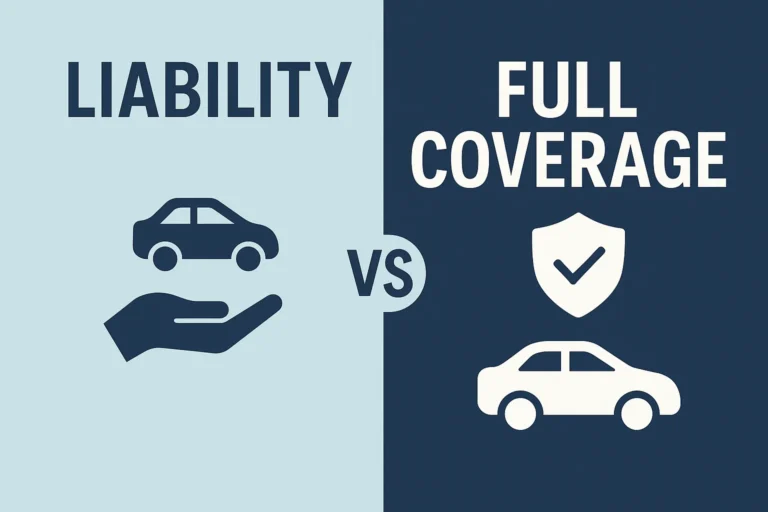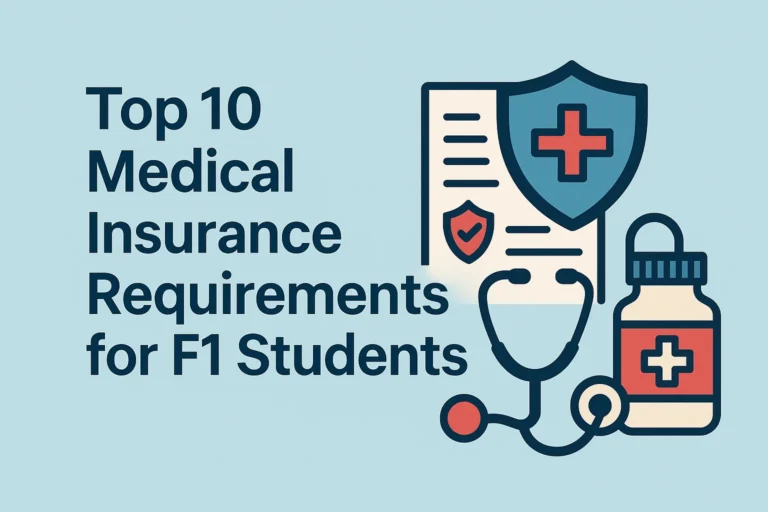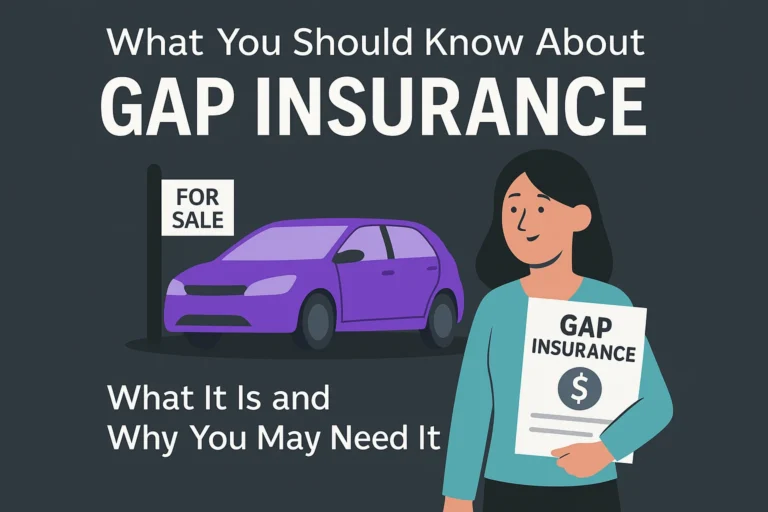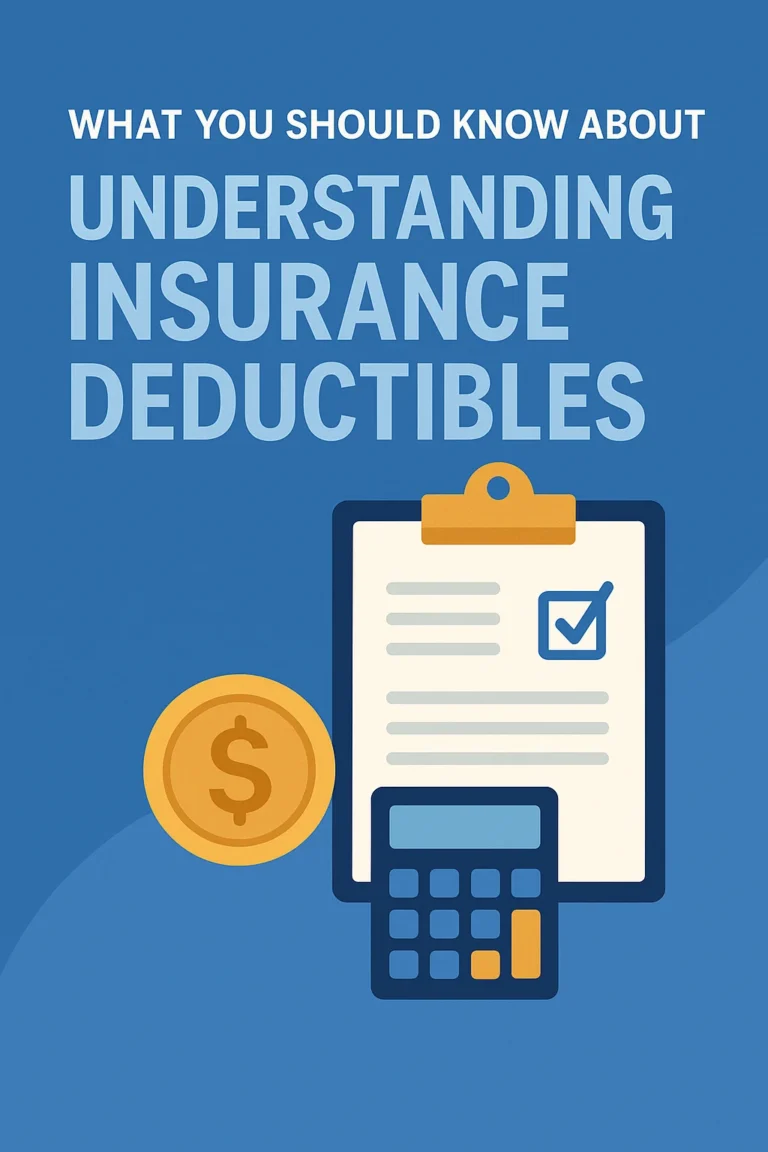Securing car insurance with no credit score can be a challenge for many drivers, especially for young adults, immigrants, or those recovering from financial hardship. While many insurers in the U.S. use credit history as part of their risk assessment, there are options available for those without a credit background.
This guide provides a side-by-side comparison of insurance policies tailored for those with no credit score versus those with traditional credit-based pricing. You’ll learn about the pros and cons, eligibility conditions, real-life user stories, and get clarity on which option might be ideal for your situation.
Understanding the Two Main Options
Car Insurance with No Credit Score
Car insurance with no credit score is designed for individuals who don’t have a sufficient credit history. This includes new immigrants, students, or people who have avoided using credit lines. Some insurers specialize in offering alternative underwriting methods such as driving history, vehicle usage, and residence stability.
Companies like Root Insurance and Metromile are pioneers in offering policies based on driving behavior rather than credit history. These insurers use mobile apps or telematics devices to track your driving habits and calculate premiums accordingly.
Since this model doesn’t consider your FICO score, premiums are often higher initially, but good drivers can enjoy gradual discounts over time.
However, availability varies by state, and not all major insurance carriers offer non-credit based underwriting models.
Traditional Credit-Based Car Insurance
Traditional car insurance calculates premiums using several factors, one of which is the applicant’s credit score. Studies suggest that individuals with higher credit scores tend to file fewer claims, leading insurers to associate credit health with insurance risk.
Major providers like GEICO, Progressive, and State Farm offer credit-based pricing in most U.S. states. These policies may offer lower rates for applicants with good to excellent credit but could penalize those with no or poor credit histories.
Although this model offers predictable risk assessment for insurers, it may be discriminatory toward financially vulnerable individuals or those without access to credit systems.
Additionally, credit-based insurance pricing is banned in states like California, Hawaii, and Massachusetts, making this model unusable in certain regions.
Comparison of Pros and Cons
| Advantages | Disadvantages |
|---|---|
| No credit check required | Higher starting premiums |
| Inclusive for immigrants and students | Limited provider availability |
| Rewards safe driving behavior | May require telematics device/app |
| Ideal in credit score-restricted states | Fewer discounts than traditional plans |
| Advantages | Disadvantages |
|---|---|
| Lower premiums for high credit scores | Unfair to individuals with no or low credit |
| Wide provider availability | Banned in some U.S. states |
| Multiple discount options | Credit score may not reflect driving risk |
| Convenient for credit-savvy users | Not ideal for recent immigrants or students |
Which Option Is Better For You?
You’re New to the U.S. or Credit System
If you’re a recent immigrant or student without a U.S. credit record, choosing car insurance with no credit score is typically the better route. Focus on insurers that use driving behavior and personal information instead of credit history.
You Have Strong Credit History
For individuals with a high credit score and stable financial background, a traditional policy will likely offer better premiums and wider coverage options. Use tools like Credit Karma to monitor your score and optimize insurance savings.
You Live in a State with Credit Score Restrictions
In states like California or Massachusetts, insurers are prohibited from using credit scores to determine premiums. In this case, both models will default to usage-based or demographic risk profiles, making the distinction less relevant.
Real-World Examples & Customer Reviews
Case Study 1: Maria, 24, Student in Boston
Maria had no credit score when she moved from Spain to the U.S. She chose Root Insurance and installed the app to track her driving. Within 3 months, her premiums decreased by 20% due to her safe driving habits.
Case Study 2: Kevin, 32, Software Engineer with Excellent Credit
Kevin used GEICO and received an annual premium of $950, thanks to his 800+ credit score and clean driving record. He benefited from bundling his home and car policies for an extra 10% discount.
Case Study 3: Aisha, 28, New Immigrant in Texas
Aisha found traditional insurers unaffordable and instead went with a pay-per-mile policy through Metromile. Her monthly bill averaged around $45 since she drove only short distances.
Conclusion and Decision-Making Guide
Choosing the right car insurance without a credit score depends on your unique situation. If you’re just starting out with no credit footprint, consider telematics-based policies. If you have a healthy credit record, leverage it for discounts and broader insurer choices.
Don’t hesitate to compare quotes from both traditional and alternative providers. Websites like The Zebra and Compare.com make this easy with side-by-side quote tools.
Ultimately, transparency, affordability, and suitability to your financial reality should drive your choice.
Explore More
- What You Should Know About How Car Insurance Works in Florida
- Top 10 How to Avoid Fake Insurance Scams
Ready to Choose the Best Policy?
Don’t let a lack of credit score stop you from getting the protection you need. Whether you’re new to the system or just want fairer pricing, there’s an option out there for you.
Compare your quotes today — and start saving money the smart way!






